11 Anti-Inflammatory Foods That Will Change Your Life
In recent years, the concept of using food as medicine has gained substantial traction, with particular emphasis on anti-inflammatory diets. Chronic inflammation is a silent antagonist, contributing to a myriad of health issues such as heart disease, diabetes, arthritis, and even certain cancers. However, a powerful arsenal against this bodily foe lies within the foods we consume daily. Anti-inflammatory foods not only help in reducing inflammation but also promise to transform overall health by enhancing immunity, boosting energy, and promoting longevity. This article delves into the world of 11 incredible foods, exploring how they can elevate well-being and provide a natural defense against inflammation. By understanding the science behind these foods, we can make informed choices that align with our health goals and improve our quality of life.
1. Berries: Nature's Antioxidant Powerhouses

Berries, including blueberries, strawberries, and raspberries, are among the most potent anti-inflammatory foods available. Rich in antioxidants such as anthocyanins, these vibrant fruits have been shown to reduce inflammation and oxidative stress. Studies have demonstrated that regular consumption of berries can lower levels of inflammatory markers, such as C-reactive protein (CRP), and improve heart health. The high fiber content in berries also supports digestive health and aids in maintaining a healthy weight, further contributing to reduced inflammation. Incorporating a variety of berries into your diet is an easy and delicious way to harness their anti-inflammatory benefits. Whether enjoyed fresh, frozen, or in smoothies, berries offer a versatile and nutritious addition to any meal plan.
2. Leafy Greens: Nutrient-Dense Inflammation Fighters
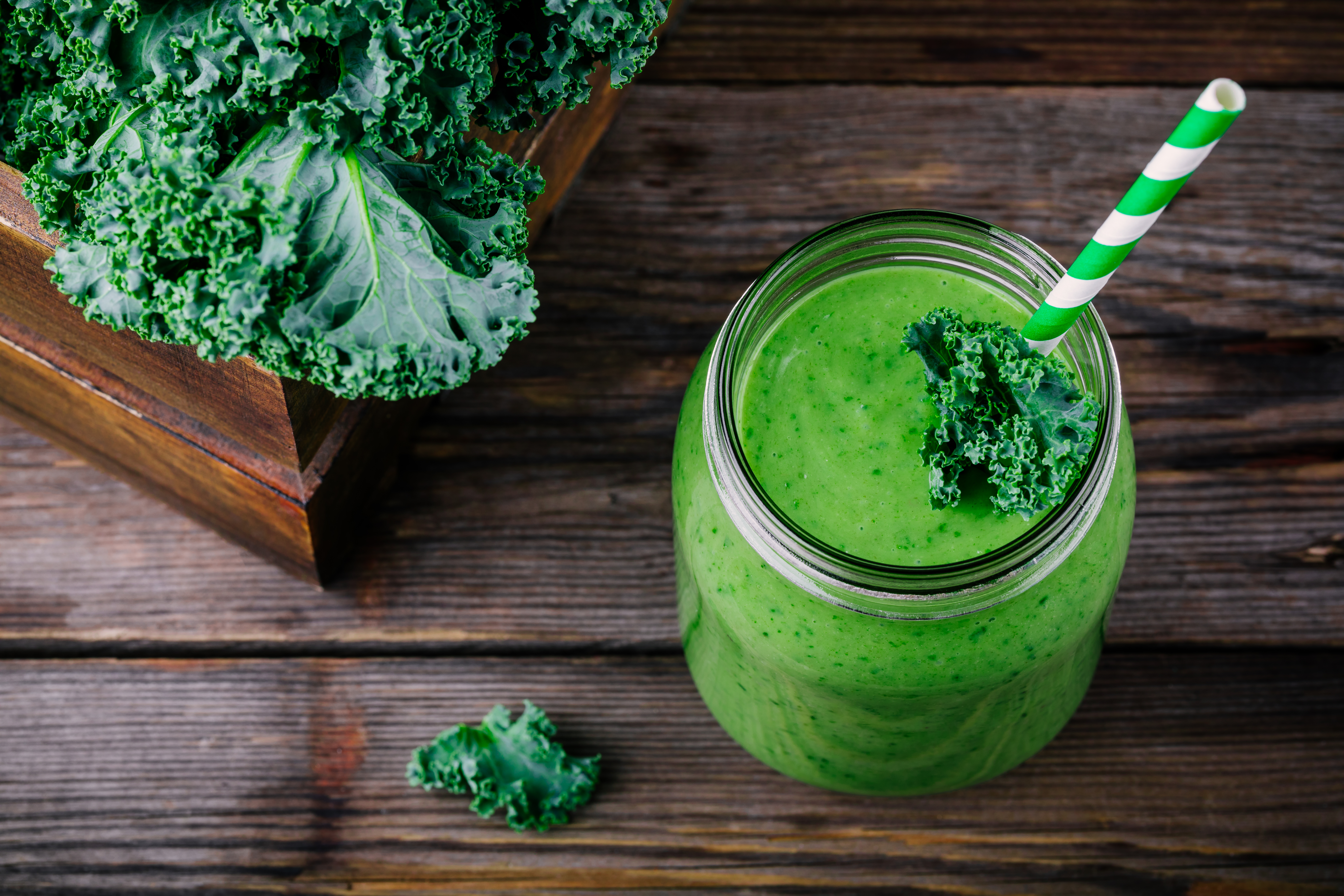
Leafy greens, such as spinach, kale, and Swiss chard, are nutritional powerhouses that offer a wealth of anti-inflammatory benefits. These vegetables are rich in vitamins A, C, and K, as well as minerals like magnesium and iron. They also contain phytochemicals, such as flavonoids and carotenoids, which have been shown to reduce inflammation and protect against chronic diseases. The high fiber content in leafy greens supports gut health, which is closely linked to inflammation regulation. Incorporating a variety of leafy greens into your diet can help reduce inflammation, support detoxification, and promote overall health. Whether enjoyed in salads, smoothies, or sautéed as a side dish, leafy greens are a versatile and essential component of an anti-inflammatory diet.
3. Fatty Fish: Omega-3 Rich Inflammation Reducers
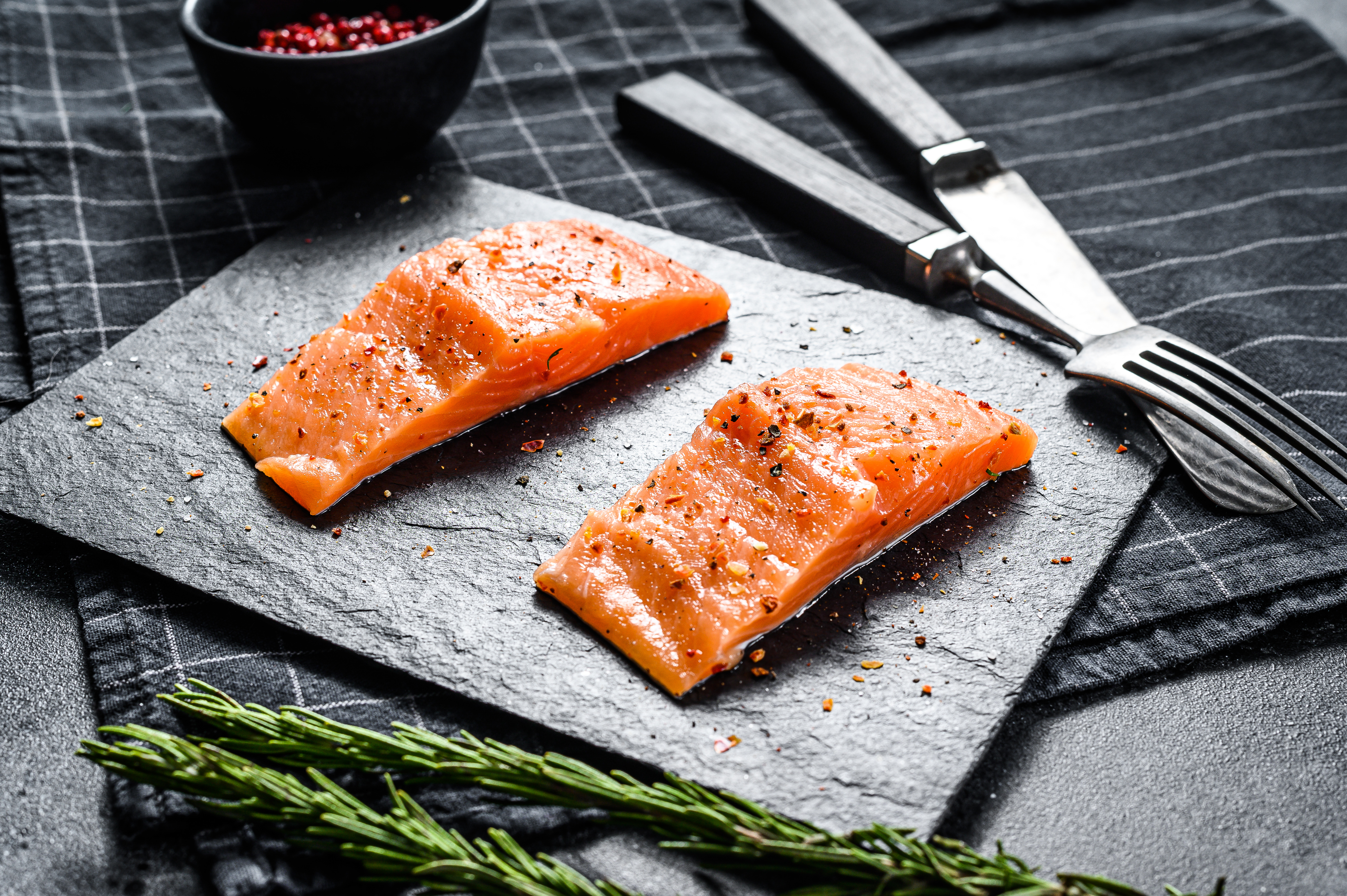
Fatty fish, including salmon, mackerel, and sardines, are excellent sources of omega-3 fatty acids, which are well-known for their anti-inflammatory properties. Omega-3s, particularly EPA and DHA, have been shown to reduce the production of inflammatory molecules and support heart health. Regular consumption of fatty fish has been associated with lower levels of inflammatory markers and a reduced risk of chronic diseases such as heart disease and arthritis. In addition to their anti-inflammatory benefits, omega-3s also support brain health and cognitive function. Incorporating fatty fish into your diet at least twice a week can provide a significant boost to your overall health and help keep inflammation in check.
4. Nuts and Seeds: Small Packages with Big Benefits

Nuts and seeds, such as almonds, walnuts, flaxseeds, and chia seeds, are nutrient-dense foods that offer a plethora of anti-inflammatory benefits. Rich in healthy fats, fiber, and antioxidants, these small packages pack a powerful punch when it comes to reducing inflammation. Walnuts, for example, are an excellent source of omega-3 fatty acids, while flaxseeds and chia seeds provide a plant-based source of these essential fats. The antioxidants and polyphenols found in nuts and seeds have been shown to reduce oxidative stress and inflammation, supporting heart health and reducing the risk of chronic diseases. Incorporating a variety of nuts and seeds into your diet can provide a satisfying and nutritious way to combat inflammation and promote overall well-being.
5. Olive Oil: The Heart-Healthy Elixir
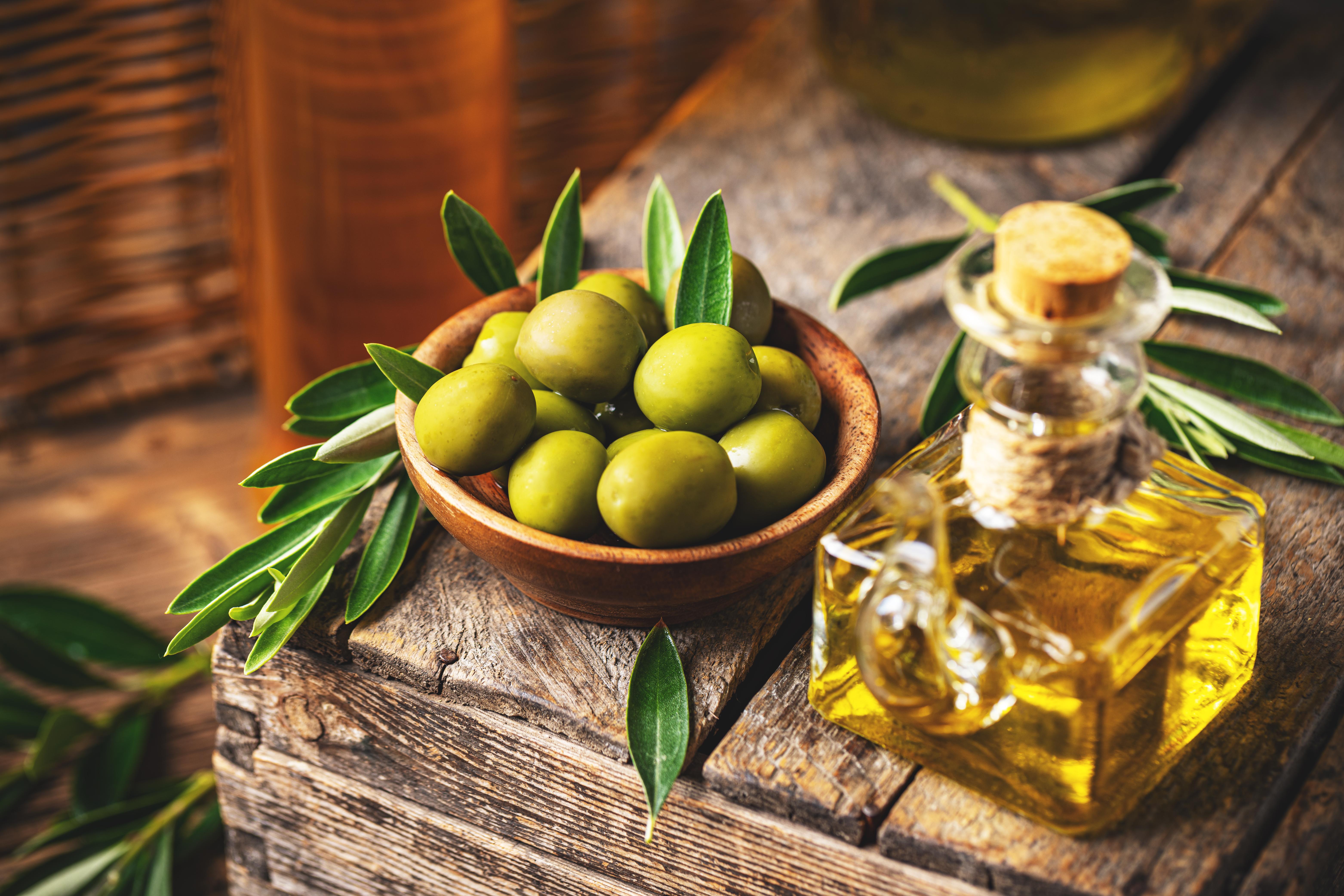
Olive oil, particularly extra virgin olive oil, is a staple of the Mediterranean diet and is renowned for its anti-inflammatory properties. Rich in monounsaturated fats and antioxidants, such as oleocanthal, olive oil has been shown to reduce inflammation and support heart health. Studies have demonstrated that regular consumption of olive oil can lower levels of inflammatory markers and reduce the risk of chronic diseases such as heart disease and cancer. The anti-inflammatory benefits of olive oil are further enhanced when used in combination with other anti-inflammatory foods, such as vegetables and whole grains. Incorporating olive oil into your diet as a primary source of fat can provide a delicious and healthful way to reduce inflammation and promote overall well-being.
6. Turmeric: The Golden Spice with Healing Powers
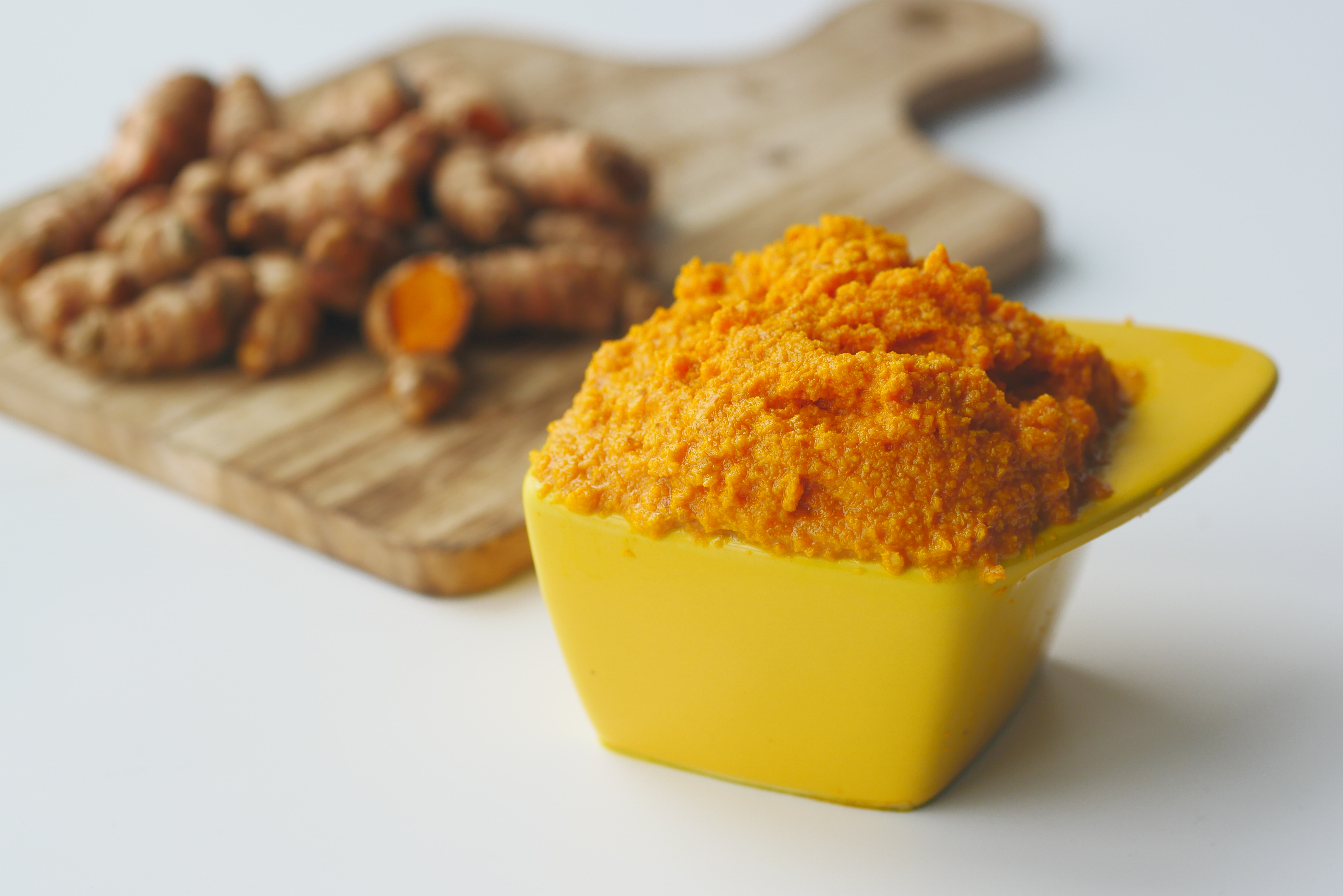
Turmeric, a vibrant yellow spice commonly used in Indian cuisine, is renowned for its powerful anti-inflammatory properties. The active compound in turmeric, curcumin, has been extensively studied for its ability to reduce inflammation and support overall health. Curcumin has been shown to inhibit the production of inflammatory molecules and reduce oxidative stress, making it a potent ally in the fight against chronic inflammation. The bioavailability of curcumin can be enhanced by consuming it with black pepper, which contains piperine, a compound that increases absorption. Incorporating turmeric into your diet, whether in curries, soups, or as a supplement, can provide a natural and effective way to combat inflammation and support overall health.
7. Ginger: A Zesty Root with Therapeutic Benefits
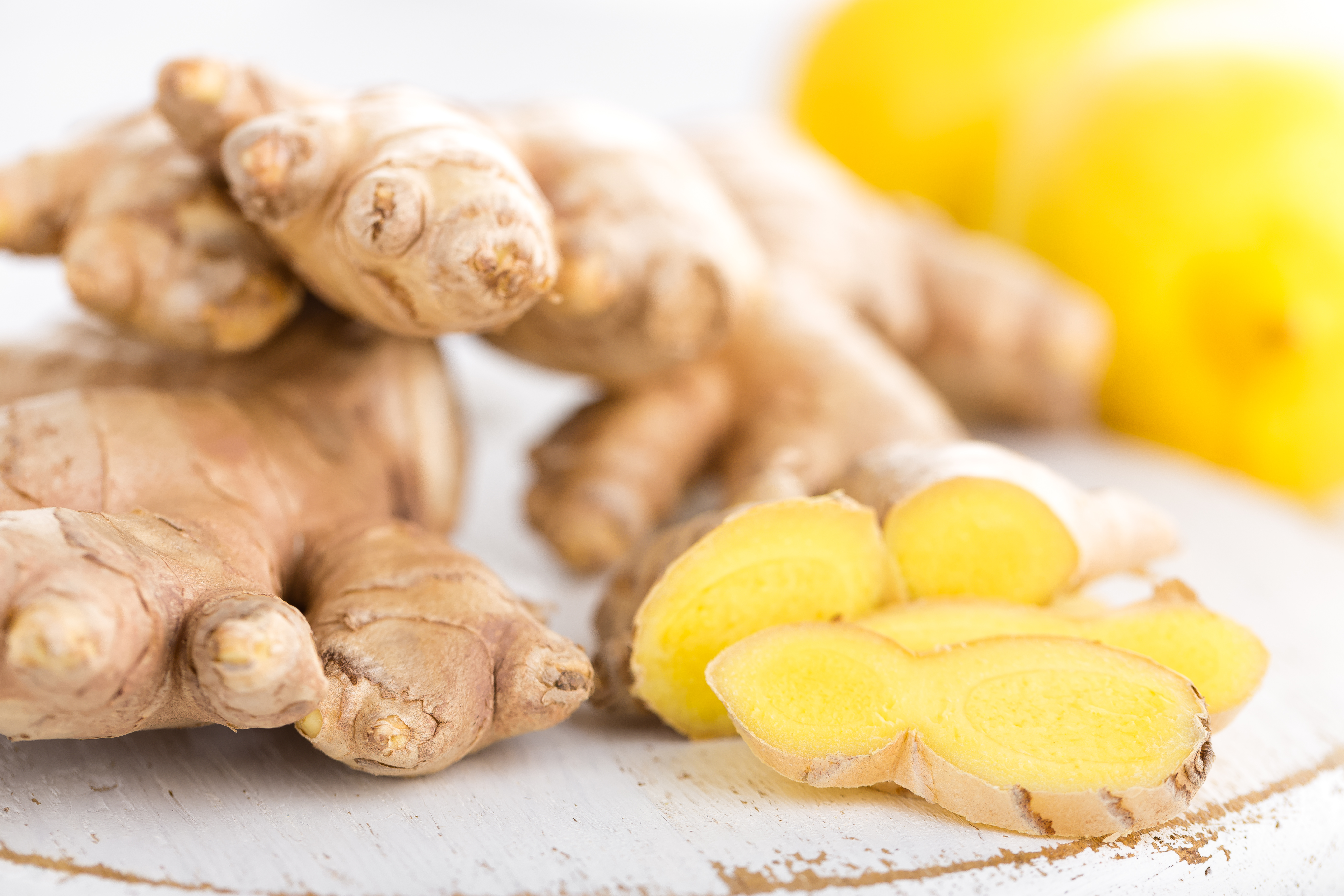
Ginger, a zesty root with a long history of use in traditional medicine, offers a wealth of anti-inflammatory benefits. The active compounds in ginger, such as gingerol and shogaol, have been shown to reduce inflammation and oxidative stress. Studies have demonstrated that ginger can help alleviate symptoms of inflammatory conditions, such as osteoarthritis and rheumatoid arthritis, and support overall health. In addition to its anti-inflammatory properties, ginger also aids in digestion and supports immune function. Incorporating ginger into your diet, whether in teas, smoothies, or as a spice in cooking, can provide a flavorful and healthful way to reduce inflammation and promote well-being.
8. Green Tea: The Antioxidant-Rich Brew
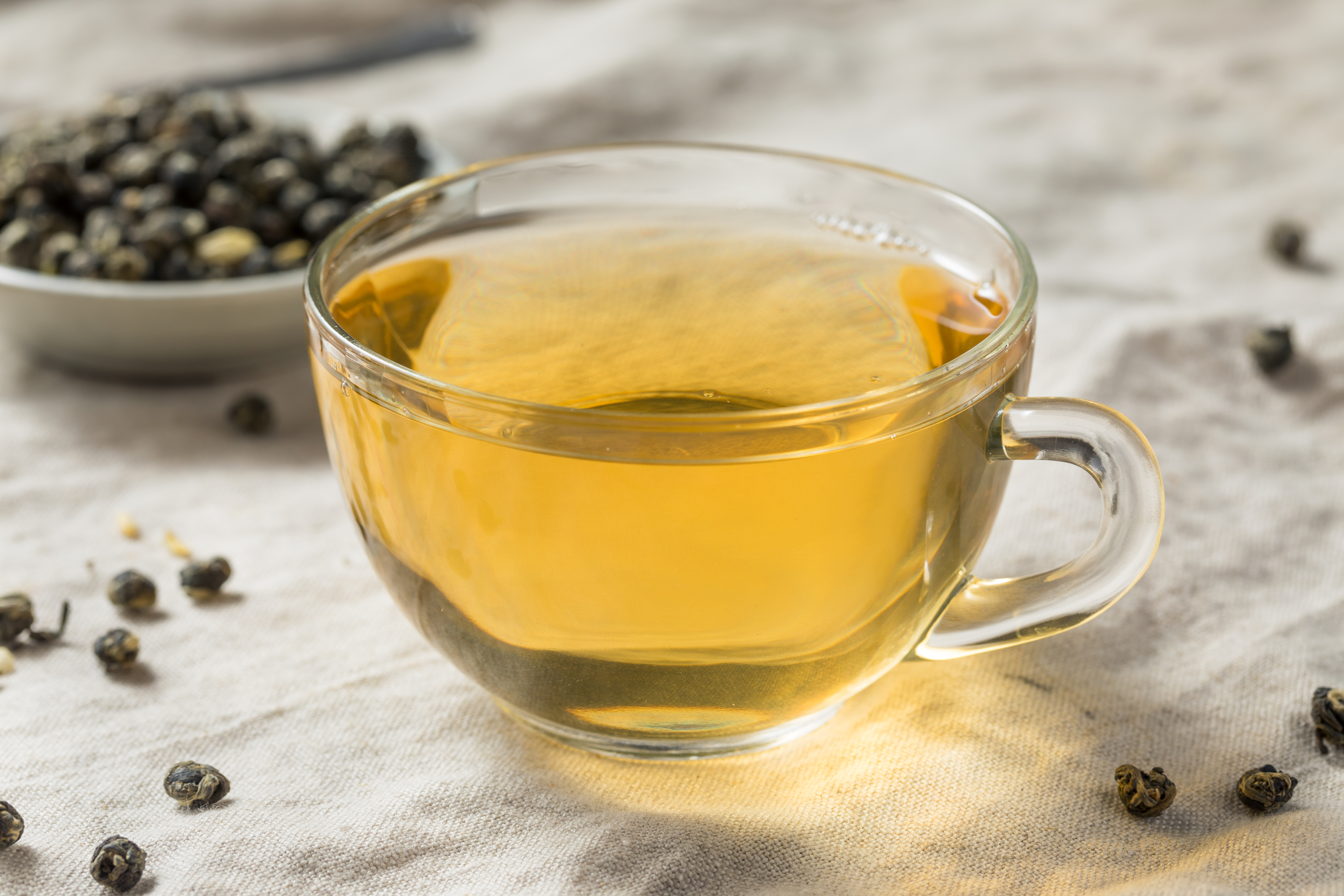
Green tea, a popular beverage consumed worldwide, is rich in antioxidants and polyphenols, such as catechins, which have been shown to reduce inflammation and support overall health. The anti-inflammatory properties of green tea have been extensively studied, with research demonstrating its ability to reduce levels of inflammatory markers and support heart health. In addition to its anti-inflammatory benefits, green tea also supports weight management and cognitive function. Incorporating green tea into your daily routine can provide a refreshing and healthful way to combat inflammation and promote overall well-being. Whether enjoyed hot or iced, green tea offers a delicious and nutritious addition to an anti-inflammatory diet.
9. Whole Grains: Fiber-Rich Allies Against Inflammation
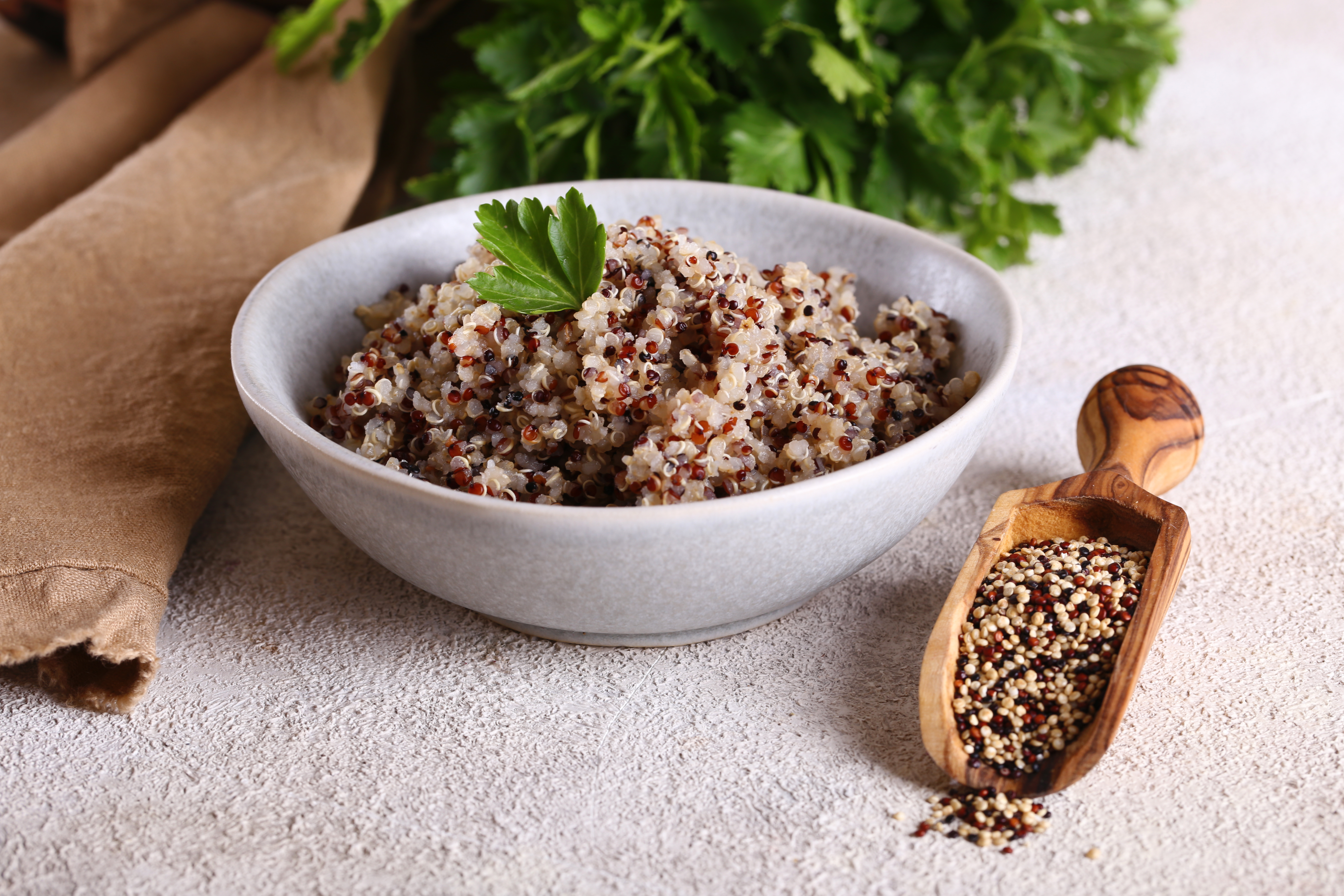
Whole grains, such as brown rice, quinoa, and oats, are rich in fiber, vitamins, and minerals, making them an essential component of an anti-inflammatory diet. The high fiber content in whole grains supports gut health, which is closely linked to inflammation regulation. Studies have shown that regular consumption of whole grains can reduce levels of inflammatory markers and support heart health. In addition to their anti-inflammatory benefits, whole grains also provide sustained energy and support weight management. Incorporating a variety of whole grains into your diet can provide a satisfying and nutritious way to combat inflammation and promote overall well-being.
10. Dark Chocolate and Cacao: Flavonoid-Rich Indulgence

Believe it or not, dark chocolate (ideally 70% cacao or higher) and raw cacao offer significant anti-inflammatory benefits. They are packed with flavanols, potent antioxidants that help reduce inflammation, protect artery linings, and support cardiovascular health. Studies suggest these compounds can lower inflammatory markers and improve blood flow. The key is choosing high-cacao options with minimal added sugar, as excess sugar can be pro-inflammatory. Enjoying a small portion of quality dark chocolate or adding cacao powder to smoothies provides a delicious way to harness these protective plant compounds.
11. Mushrooms: Fungi with Immune-Modulating Power
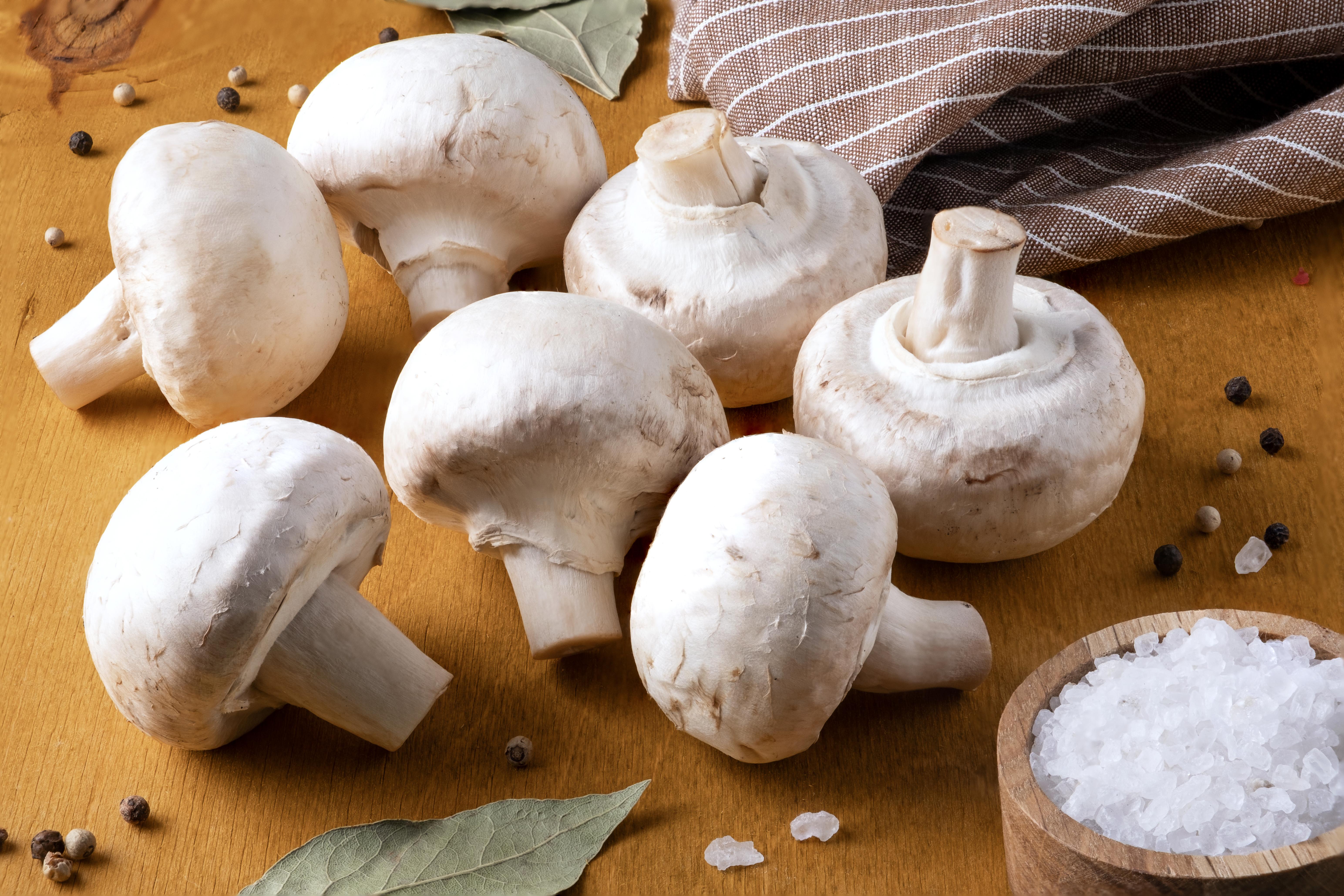
Often overlooked, many varieties of mushrooms possess impressive anti-inflammatory properties. They contain compounds like phenols, polysaccharides (such as beta-glucans), and unique antioxidants (like ergothioneine) that help combat oxidative stress and modulate the immune system, thereby reducing inflammation. Varieties like shiitake, maitake, and even common button mushrooms contribute beneficial compounds. Including mushrooms regularly in your diet – sautéed, grilled, or added to soups and stews – supports gut health and provides unique nutrients that contribute to an overall anti-inflammatory eating pattern.
Embracing a Lifestyle of Health and Well-Being
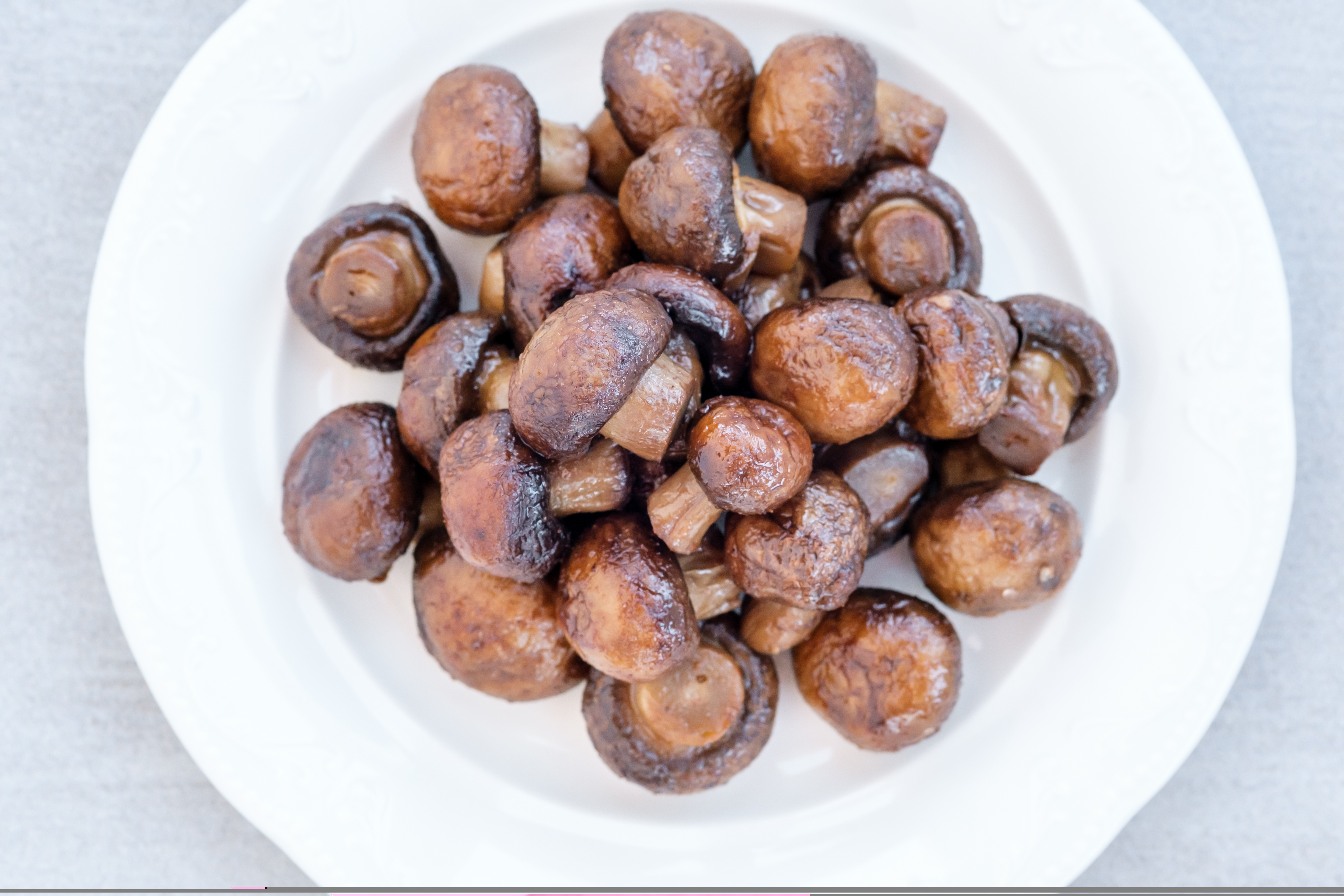
Incorporating anti-inflammatory foods into your diet is a powerful and natural way to transform your health and elevate your well-being. By understanding the science behind these foods and making informed choices, you can harness their benefits to reduce inflammation, support overall health, and reduce the risk of chronic diseases. The journey to better health begins with small, intentional changes in your diet and lifestyle. By embracing a diet rich in berries, leafy greens, fatty fish, nuts, seeds, olive oil, turmeric, ginger, green tea, and whole grains, you can take control of your health and pave the way for a vibrant and fulfilling life. Remember, the power to transform your health lies in the choices you make every day.
